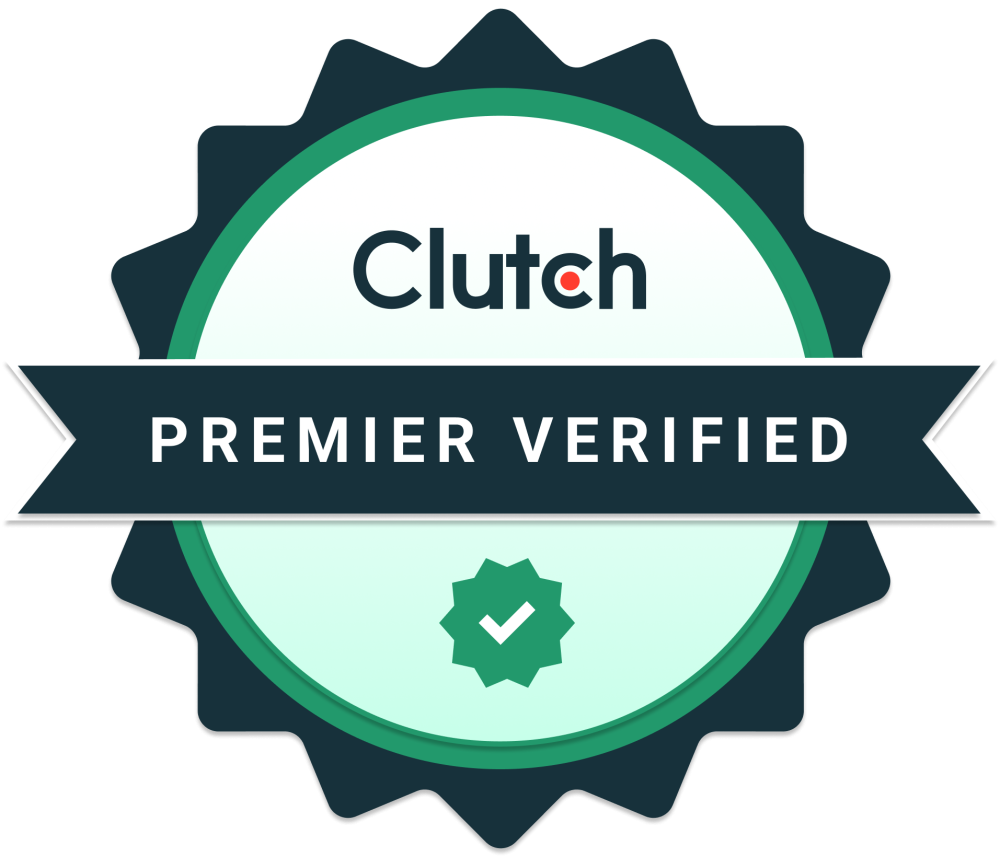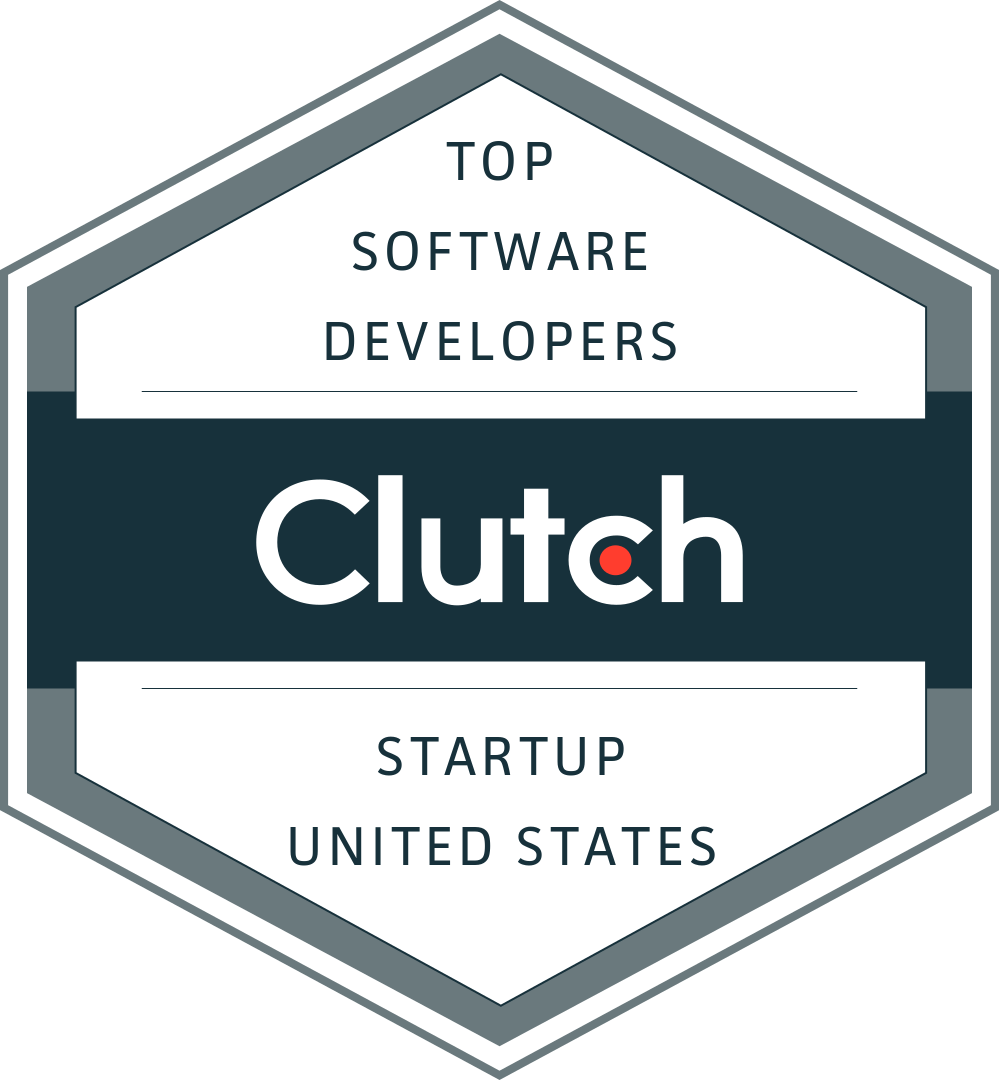The Ideal Software Development Team, Part 3: Expert Advice
In our last few blogs we’ve discussed how to build the ideal software development team and have taken a look at what that team looks like in action. Today, in this third blog of our four-part series, we are reaching out to Buildable's founder and CTO, Max de Lavenne, to give us some insights into his team building and management strategies.
Nana: Can you give us an overview of how you approach building your software development team?
Max: Putting a team together to build software is more of an art than a science in a way, because it requires considering the different skill sets that are required for each project, as well as keeping in mind the various personalities on the team so that everyone can work together in a productive manner.
Looking at it from the client side, we make sure that we have a project manager that the client can work with. Typically, when we put together a software team for a project, there's always at a minimum a designer, a project manager, and an engineer or lead engineer. Then we usually add people to that very basic structure – maybe by adding another designer or engineer with specific skills or personality traits that will enhance the project.
Each project is different, and therefore the same formula does not work each time. The ideal skillset mix will vary from one project to the next. At its core, it's about the people, the skills that they have, how they work together, their ability to execute, and in some circumstances their capacity to be good leaders.
Nana: Okay. And are there any kinds of specific traits you look for in the individuals that you hire?
Max: Well, software is never created in a vacuum, it's always made by a team. We're definitely looking for people who have technical affinities, or design affinities, or project management affinities – depending on the role they're applying for. We also want to make sure that our people like to do this kind of work. And then, we vet their ability to work on a team, because technical skills alone aren’t enough to make great software.
And while there's space for everyone, what we're looking for are people who can connect with clients on a project level and who are great listeners – people who aren't necessarily coming here with pre-made solutions. We're looking for people with good skill dynamics who are also open-minded.
I know it sounds like I'm just saying we're looking for rock stars. We're not. We're really looking for people who are well-rounded, humble, and grounded to earth. People who have common sense, so they know when to change course if something is not working out. Finally, also people who are really good at finding solutions.
Nana: Do you have any techniques or any strategies you use to mitigate stress for your software developers?
Max: That's a really good question. Stress is really a part of all jobs. It manifests in different ways and in general we try to keep things light and remind ourselves that it will always work out in the end. We talk with our people and we remind them, “Hey, we're not putting rockets in the sky and people on the moon. We're building software.” We bring the pressure down and work with individuals on the challenges they are facing. Often, this is simply about having a conversation and letting someone open up and talk about their frustrations.
In general, we want our employees to be content with their work and have little or no stress. While the work that we do can be complicated, overall, it’s a lot of simple items that add up to be complicated. By checking in regularly and encouraging engineers to reach out for help, we promote communication and validation, which makes everyone happy. We make sure our project managers stay communicative and proactive with both our staff and our clients. It's a question of managing expectations and deployments, and again – communicating clearly.
We provide our software engineers with project management tools and agile methodologies to help them stay ahead of the game, eliminate surprises, and keep on top of budgetary and timeline requirements. We also make sure our junior engineers have plenty of support and are surrounded by senior engineers.
We rotate our engineers so that they get to work on different projects and stay motivated. Rotating our engineers keeps them inspired, and it also increases stability for the projects, stability for the company, stability for the clients, and allows for different perspectives on the codebase. Our team members also get to do some R&D for some of the tooling that we use; this is a fun task and involves some creative elements.
Nana: How do you find the balance between establishing guidelines and keeping people on task, while at the same time making a fun workplace that inspires creativity?
Max: That's another good question. First of all, balance and happiness in the workplace can take different shapes for different people.
Having a sense of accomplishment is very important. Software engineers don’t always like when projects drag on forever. In order to ensure this doesn’t happen, we use organizational tools. Having guidelines in place and having happy employees go hand in hand.
In the software engineering field we have both strong technical thinkers and strong creative, right brained thinkers – and sometimes both traits in one person. They think differently, but everybody usually responds well to keeping track of tasks and working towards completion. And that creates a sense of happiness – knowing that you're getting something done and not wasting your time.
And so, I don't think these are two opposing things. Structure and work happiness can go together. It’s very easy to feel successful when you can track the work you're doing and see your accomplishments over time. Structure provides that clarity. And it's also very helpful for our project managers and our clients to see the progress. It’s a balancing act.
Nana: Okay, one more question. Looking ahead, what types of initiatives or investments do you see for the future, as far as developing your software team?
Max: You know, our field is very much subject to creative destruction, with a constant flow of innovations that we can’t ignore, forcing us to learn new tools. Our software engineering industry is very dynamic and in constant change. So, essentially, it means that we are always learning new things. We recognize that, and constantly invest time vetting new methods and new technologies.
Investing in training is very important, and so is allowing our engineers the time to experiment with new technologies. We often need to rethink the way we work, find synergies, new tools, and new platforms.
Once in a while, there are new kids on the block, and we have to rethink how we work. For example, today, it would be impossible not to mention the research and time investment in AI tools, or LLM (large language models) as we call them, and how they are changing our workflows. I see a large demand in AI tools and we are just in the beginning as the industry is taking shape.
We research new technologies, discuss them, and run tests in the office. We write a bunch of proof of concepts, which may not go anywhere. But this gives us experience and then we're better armed when new technology comes around. We are already ahead of the game. We've invested in VR, for example, with the Apple headset and the Meta headset for VR applications. These are complicated applications to use on a professional level; it's a completely new way to interact with the UI. We don't know if it’s going to catch on and stay, but we have clients asking for it, and therefore, we research it, and then we're able to talk to our clients about it and provide good guidance on it.
Nana: Thank you, Max. That was very insightful.
Email: connect@buildableworks.com
What can we help you with?
Talk with an expert at Buildable about your project.
This site is protected by reCAPTCHA. Google Privacy Policy and Terms of Service apply.
Copyright © 2025 Buildable.
All Rights Reserved
Privacy Policy | Terms of Service




